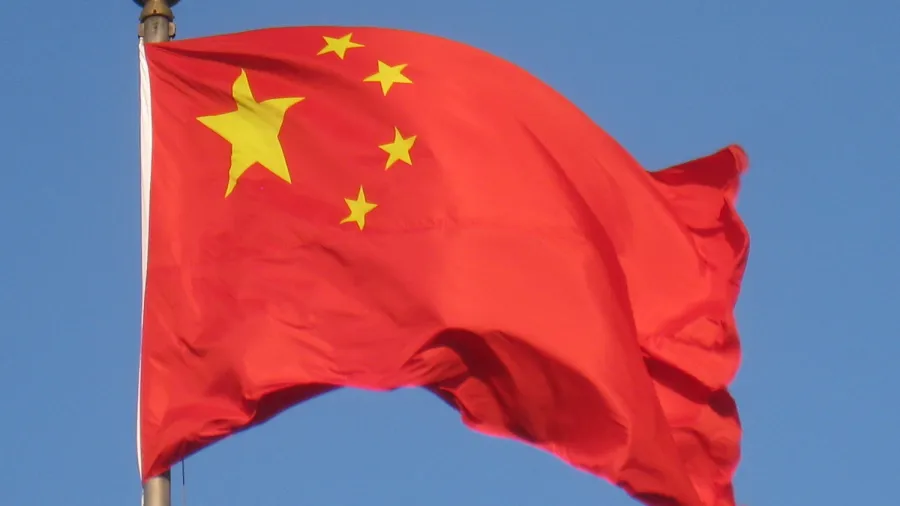
Does geopolitics heighten risks of an East-West divide in the financial industry?
HSBC’s potential Asia split may signal that decoupling between the West and China is growing.
The ongoing geopolitical tensions–both in Ukraine and in Taiwan–and sanctions imposed due to these issues have heightened risks of a growing divide between the East-West’s financial industries, although it still remains unlikely, according to a report by Natixis.
HSBC’s largest strategic investor, Ping An Bank, recently expressed support for a possible division in the bank’s Asian operations. A potential split-up of HSBC's businesses in the West and East can be a landmark example that decoupling between the West and China does not stop at trade and value chains but expands on the financial front, said Alicia Garcia Herrero, Natixis’ chief economist for Asia Pacific.
Whilst the conservative stance of the UK’s regulators and the divergence of profitability with HSBC can explain the move, the geopolitical tide is another muted but important factor to consider, she said.“
After the Covid-19 pandemic and Russia's invasion of Ukraine, the decoupling wind has been blowing stronger than ever,” she added.
Whilst complying with current sanctions imposed by the West against Russia, China’s pro-Russia and anti-Western narrative makes its miscalculation risk more apparent. Risks are rising more as the West broadens and strengthens its sanctions on Russia, according to Natixis.
“As Russia sees its foreign currency revenue stream shrinking, the need for China's support will become bigger, increasing the likelihood of secondary sanctions if China decides to bypass any of the Western sanctions on Russia,” Garcia-Herrero wrote in a report.
The US-China tensions with Taiwan have only increased over the last few years, especially after the Ukraine-Russia war. “Therefore, it implies that the risk of sanctions on China could go beyond the crisis in Ukraine,” the report stated.
While it is still unlikely, such a scenario would have significant consequences on financial integration between the West and China, Garcia Herrero said. “For example, one can imagine that Western portfolio inflows into China, and foreign direct investment based on Russia's experience, will retrench. The same is true the other way round regarding Chinese investment in the West.”
Natixis also noted recent news that the People's Bank of China (PBOC) has been seeking advice from different players regarding what actions China can take to minimise the impact of such potential sanctions.
“A critical aspect of the sanctions-related risks comes from Western financial institutions operating in China and whether they would be forced to retrench suddenly,” Garcia Herrero wrote.



















 Advertise
Advertise










